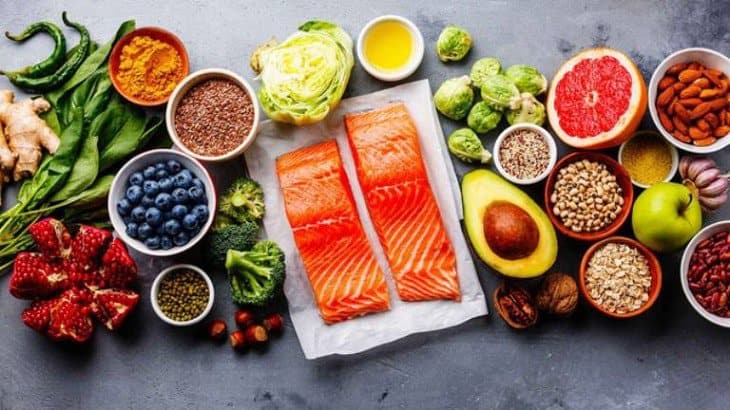Navigating through the dietary needs when dealing with kidney disease can be a daunting task. The kidneys play a pivotal role in eliminating waste from the body, and when their functionality is compromised, certain foods can exacerbate the problem. However, a well-curated diet can assist in managing kidney disease effectively, ensuring that the body gets the necessary nutrients without overburdening the kidneys. Let’s delve into the best foods for individuals grappling with kidney disease.

1. Fruits and Vegetables: Low in Potassium
- Apples: Rich in fiber and anti-inflammatory properties.
- Berries: Packed with antioxidants and vitamins.
- Cabbage: A low-potassium vegetable that’s also high in Vitamin K.
2. Lean Proteins
- Fish: Offers omega-3 fatty acids and a quality protein source.
- Chicken: A lean protein that is easier on the kidneys compared to red meat.
3. Healthy Fats
- Olive Oil: A heart-healthy fat that helps control cholesterol levels.
- Avocados: Although they need to be limited due to high potassium, they provide healthy fats and are nutrient-dense.
4. Low-Dairy or Dairy Alternatives
- Almond Milk: A low-phosphorus and low-potassium alternative to dairy milk.
- Rice Milk: Another suitable alternative, but ensure it is calcium-fortified.
5. Grains and Cereals
- Rice: White rice is typically lower in potassium and phosphorus than other types of rice.
- Couscous: A versatile grain that can be used in various dishes.
6. Legumes and Alternatives
- Chickpeas: Can be included in moderation and are a good source of protein and fiber.
- Lentils: Although they contain potassium, limiting portion sizes can make them a viable protein source.
7. Spices and Herbs
- Garlic: Enhances flavor while providing anti-inflammatory benefits.
- Turmeric: Known for its anti-inflammatory properties and can add a vibrant color to dishes.
8. Beverages
- Water: Essential for hydration and helps flush out toxins from the body.
- Cranberry Juice: Can help prevent bladder infections and is kidney-friendly when consumed in controlled amounts.
9. Snacks
- Popcorn: Unsalted and unbuttered popcorn can be a kidney-friendly snack.
- Rice Cakes: Can be paired with low-sodium toppings for a light snack.
10. Sweets and Desserts
- Apple Pie: Homemade versions can be adapted to be low in sodium and potassium.
- Berry Sorbet: A refreshing dessert that utilizes kidney-friendly berries.
Dietary Management Tips
- Monitoring Intake: Keeping track of potassium, phosphorus, and sodium intake is crucial.
- Portion Control: Ensuring that even healthy foods are consumed in appropriate portions.
Consulting Healthcare Professionals
- Dietitian: A renal dietitian can help curate a diet plan that aligns with your nutritional needs and restrictions.
- Doctor: Regular check-ups ensure that the diet is supporting kidney health effectively.
Conclusion
Embarking on a dietary journey when managing kidney disease involves striking a balance between nourishing the body and not overtaxing the kidneys. Incorporating a variety of kidney-friendly foods, from fruits and vegetables to lean proteins and healthy fats, can pave the way for a diet that supports kidney function and overall health. Always consult healthcare professionals to tailor dietary choices to individual health needs, ensuring that the path forward is both delicious and nutritious.




